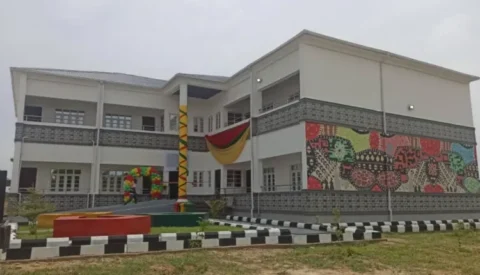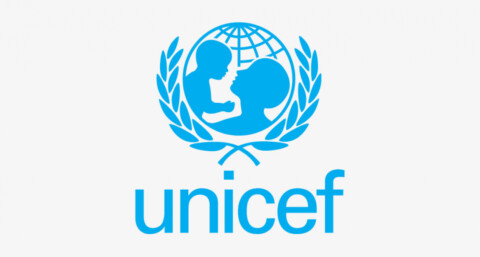The National Association of Nigerian Students (NANS) Joint Campus Council (JCC) in
Lagos State has appealed to the federal government and Lagos State government to address challenges faced by students in tertiary institutions in the state.
In a communiqué issued after a press conference held at Lagos State College of Health Technology (LASCOHET), Lagos, the Chairman of NANS JCC Lagos State Chapter, Abdulraheem Abdulquadri, stated that challenges such as the deplorable state of hostel accommodation in some of the universities in the state, including the University of Lagos (UNILAG), should be addressed.
He lamented that students of UNILAG have not been allowed to utilise on-campus facilities despite the recent increase in tuition fees and, notably, the hike in utility charges from ₦15,000 to ₦40,000.
Abdulquadri further stated that another tertiary institution in the state, Lagos State University of Science and Technology (LASUSTECH), also faces poor power supply despite migration to band A.
According to him, electricity on the campus has only been supplied for 4 hours against the 20 hours which is being enjoyed by Band A customers.
NANS also bemoaned the 30 per cent increment in tuition fees at LASCOHET, adding that students are forced to withdraw from the institution amidst the economic situation of the country.
The students’ association also requested the reversal of the exclusion of HND graduates with part-time backgrounds.
“I welcome you all to this important world press conference. I am highly honoured and delighted to address you on this important occasion to inform the world about the new leadership of NANS in Lagos State and also address issues of national importance regarding the state of our campuses in Lagos State as it concerns the most productive segment of our society, the students, and the nation at large.
“The University of Lagos (UNILAG) is currently facing a severe crisis stemming from hostel accommodation challenges. This has compelled the university management to enforce online classes for students, which has significantly undermined academic activities. The economic realities faced by students and their families, coupled with the inherent challenges of virtual learning, have further exacerbated the situation.
“Despite the recent increase in tuition fees and, notably, the hike in utility charges from ₦15,000 to ₦40,000, students have not been allowed to utilize on-campus facilities for nearly the entirety of the first semester. Yet, they are being forced to pay these exorbitant fees for services they have not accessed. This unjust practice has added to the financial burden of students and their families, raising questions about fairness and accountability in the administration’s policies.





